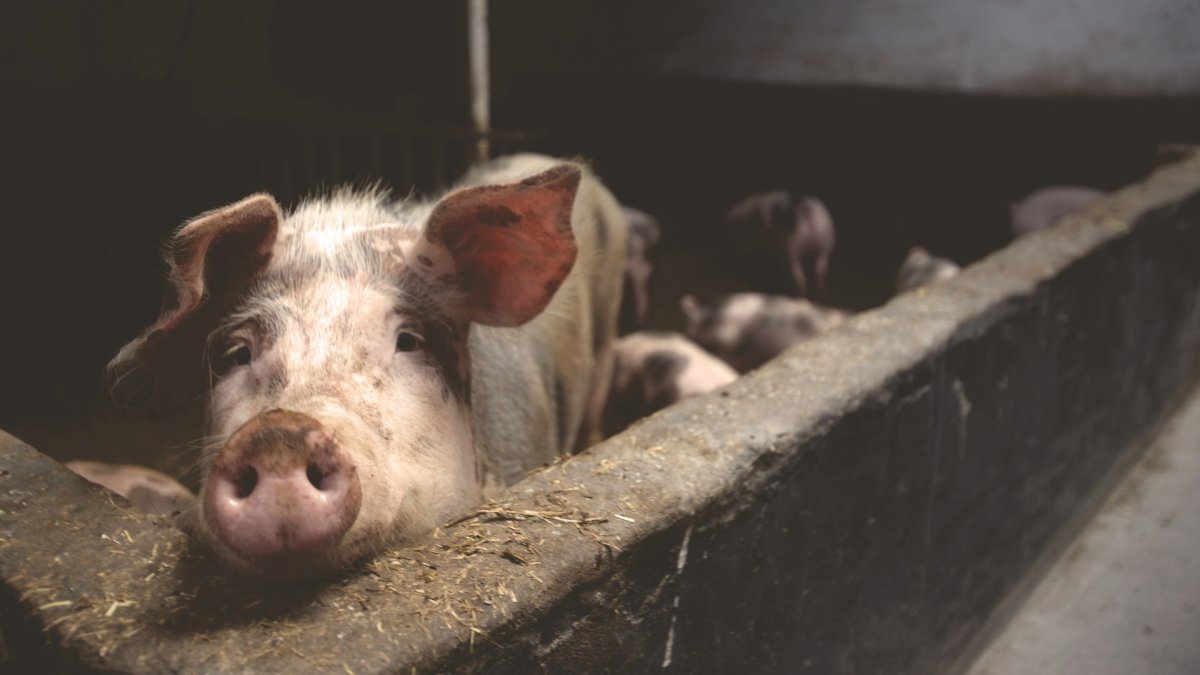Sick as a Pig: China Grapples With African Swine Fever Outbreak
The Year of the Pig may be off to a rough start, at least for those of the porcine disposition and Chinese hog farm owners given that authorities are implementing measures to curb the current outbreak of African swine fever (ASF) in several northern provinces. On Wednesday (Jan 2), the Ministry of Agriculture and Rural Affairs published a regulation requiring slaughterhouses to ensure that pig products are tested negative for African Swine Fever Virus (ASFV) before putting them on the market. It also orders slaughterhouses to cull all pigs and cease operations for at least 48 hours should there be an outbreak in their area.
The regulation goes into effect on Feb 1, the Friday before the Spring Festival. The move comes after Chinese authorities confirmed outbreaks that have affected at least 86,000 hogs on farms in Beijing’s Tongzhou District and others in Heilongjiang Province, the largest yet to happen since this highly contagious and fatal disease in pigs was first detected domestically in August 2018.
Dr. Liu Haixia, a general practitioner from IMC Beijing, explains that ASFV is non-zoonotic, meaning that does not cause disease in people nor infect humans.

"People cannot be infected by ASFV even if they come in contact or consume the meat of infected pigs and the virus can be killed by high temperature and disinfectants,” Liu explains.
However, many people are still worried as they recall the 2009 influenza pandemic caused by the Pandemic H1N1/09 virus strain, a combination of different virus types that included a Eurasian pig flu virus, thus coining its informal term, “swine flu.”
Meanwhile, the Chinese public is still reeling from a recent vaccine scandal, which prompted a crackdown and a subsequent “perilous drop” in the supply of influenza vaccines for the winter flu season, affecting major cities such as Shanghai and Guangzhou. Despite that, the Chinese Centers for Disease Control and Prevention said in November that they were expecting a drop in cases during the current flu season.
Liu also highlights the importance of getting a flu shot as it lowers the risk of contracting influenza, especially for high-risk groups including:
- Children aged 5 and below
- People over 65
- Pregnant women
- Health workers
- People with asthma, chronic obstructive pulmonary disease (COPD), and other severe respiratory conditions
- People with chronic conditions like diabetes, liver or kidney disease, or HIV
- People who have had an organ transplant
According to Liu, it is recommended to receive the vaccine between the months of September and November, but people can still get a shot beyond that period as long as the flu season still exists. She also adds that these preventive can help lower the risk of contracting the flu virus:
- Washing hands frequently
- Wearing a mask when going outside, especially on a polluted day
- Ensuring proper room ventilation
- Avoiding crowded places
- Maintaining a healthy lifestyle by eating more vegetables and fruits, having enough sleep, exercising frequently
If you are showing respiratory symptoms such as a cough and sore throat, have a fever or are experiencing muscle or body aches, it’s best to visit your doctor and take precautionary measures in case you may be infected with influenza.
For more information about swine influenza, visit the facts page of the US Centers for Disease Control and Prevention here.
This article originally appeared on our sister site beijingkids.
Photos: Leah Kelley, Matthias Zomer via Pexels
Related stories :
Comments
New comments are displayed first.Comments
![]() Sikaote
Submitted by Guest on Thu, 06/18/2020 - 17:07 Permalink
Sikaote
Submitted by Guest on Thu, 06/18/2020 - 17:07 Permalink
Re: Sick as a Pig: China Grapples With African Swine Fever...
he current African swine fever outbreak in China has affected at least 86,000 hogs, threatening pork production before Chinese New Year, a time when demand for pork products is at its highest level
I already gave up eating cow. After looking at that adoreable pig in the second photo, no more pork for me.

Validate your mobile phone number to post comments.







